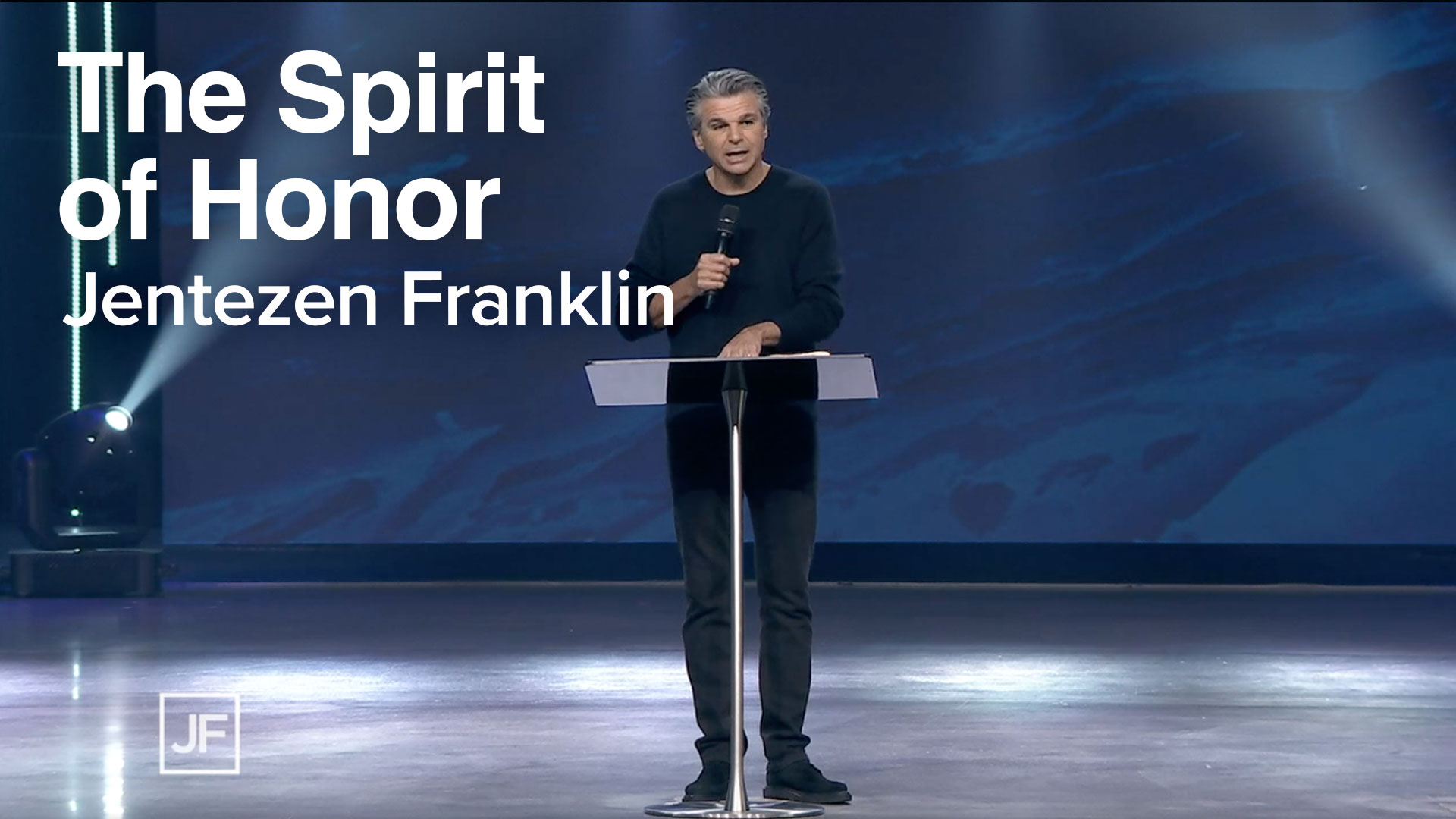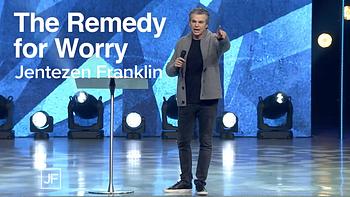The Spirit Of Honor
Have you ever wondered what causes miracles to happen? If there are principles that open or shut the flow of miracles, wouldn’t you want to know what they are?
One spiritual principle governing the flow of miracles is found in the thirteenth chapter of Matthew:
When He had come to His own country, He taught them in their synagogue, so that they were astonished and said, “Where did this Man get this wisdom and these mighty works? Is this not the carpenter’s son? Is not His mother called Mary? And His brothers James, Joses, Simon, and Judas? And His sisters, are they not all with us? Where then did this Man get all these things?” So they were offended at Him (Matt. 13:54-57).
In this story, Jesus had come back to His hometown of Nazareth. He had performed many miracles in the towns He visited before coming to Nazareth. He delivered people who were bound, healed people who were sick, and fed people who were hungry. He turned water into wine and cast out demons. His powerful anointing flowed out of Him wherever He went.
But Nazareth was different. The people there had seen Him grow up. They knew His family. They didn’t respect Him as the Messiah. They probably said to themselves, “Who does He think He is? He’s no different from any of us.”
Instead of welcoming and honoring Him, they were offended at Him. They criticized Him and belittled His ministry.
Jesus said to them, “A prophet is not without honor except in his own country and in his own house” (Matt. 13:57).
Jesus said He was without honor in His hometown. The dishonor of the people in Nazareth brought sad consequences.
He did not do many mighty works there because of their unbelief” (Matt. 13:58).
Wow! Because of the peoples’ spirit of dishonor, the miraculous power within Jesus Christ was shut down.
That’s an important verse. It gives us a spiritual principle about the flow of miracles and deliverance. The principle is this: Dishonor shuts down the flow of God’s mighty works.
It wasn’t that Jesus didn’t want to do mighty works there. It wasn’t that no one in Nazareth needed a miracle. It wasn’t that Jesus didn’t have the power to deliver people. He was standing among them ready to perform miracles.
He saw the need. He had the power. He had the desire.
But the miracles were shut down because of their dishonor.
If we want to see mighty works of God flow in our lives, we need to make sure we are giving honor to whom honor is due.
To honor someone means to treat them with respect and reverence. When we criticize, disparage, or make fun of someone in positions of authority or leadership, we allow a spirit of dishonor into our lives. A spirit of honor will elevate us, our children, and our grandchildren. A spirit of dishonor will decimate us and the generations to come.
So be careful. Check yourself to make sure you don’t fall into an attitude of dishonor and disrespect.
Begin by recognizing that all honor belongs to God. Are you serious about respecting, reverencing, and honoring Him? 1 Timothy 1:17 says, “Now to the King eternal, immortal, invisible, the only God, be honor and glory for ever and ever. Amen.” Above all, fear God and honor Him.
Then ask yourself these questions:
Do I honor the leaders in my church or do I pick apart everything they say and do?We don’t have to like every song the worship leader selects, but we can still worship Jesus during that song and respect the leader. The same is true with other leaders in our churches. God placed them there and they deserve our respect and honor.
Do I honor people in authority?What is my attitude toward government officials, law enforcement officers, and my boss? We may not agree with every elected official, but the office deserves our honor. People in positions of authority over us must be respected and honored.
Do I honor my parents and my spouse?Do I treat them with respect or do I take them for granted? Our family is one of our greatest gifts from God. They should be appreciated and treated with kindness and honor.
We don’t have to agree with someone to honor them. We may not like everything someone says or everything someone does, but we can still treat them with respect. Instead of criticizing and pointing out peoples’ faults, we can pray for them, love them, and honor them.
To do otherwise blocks the flow of God’s power in our lives.
If we want to see the mighty works of God in our lives, we must be careful to, “Give to everyone what you owe them…if respect, then respect; if honor, then honor” (Rom. 13:7).
Share





.png)






